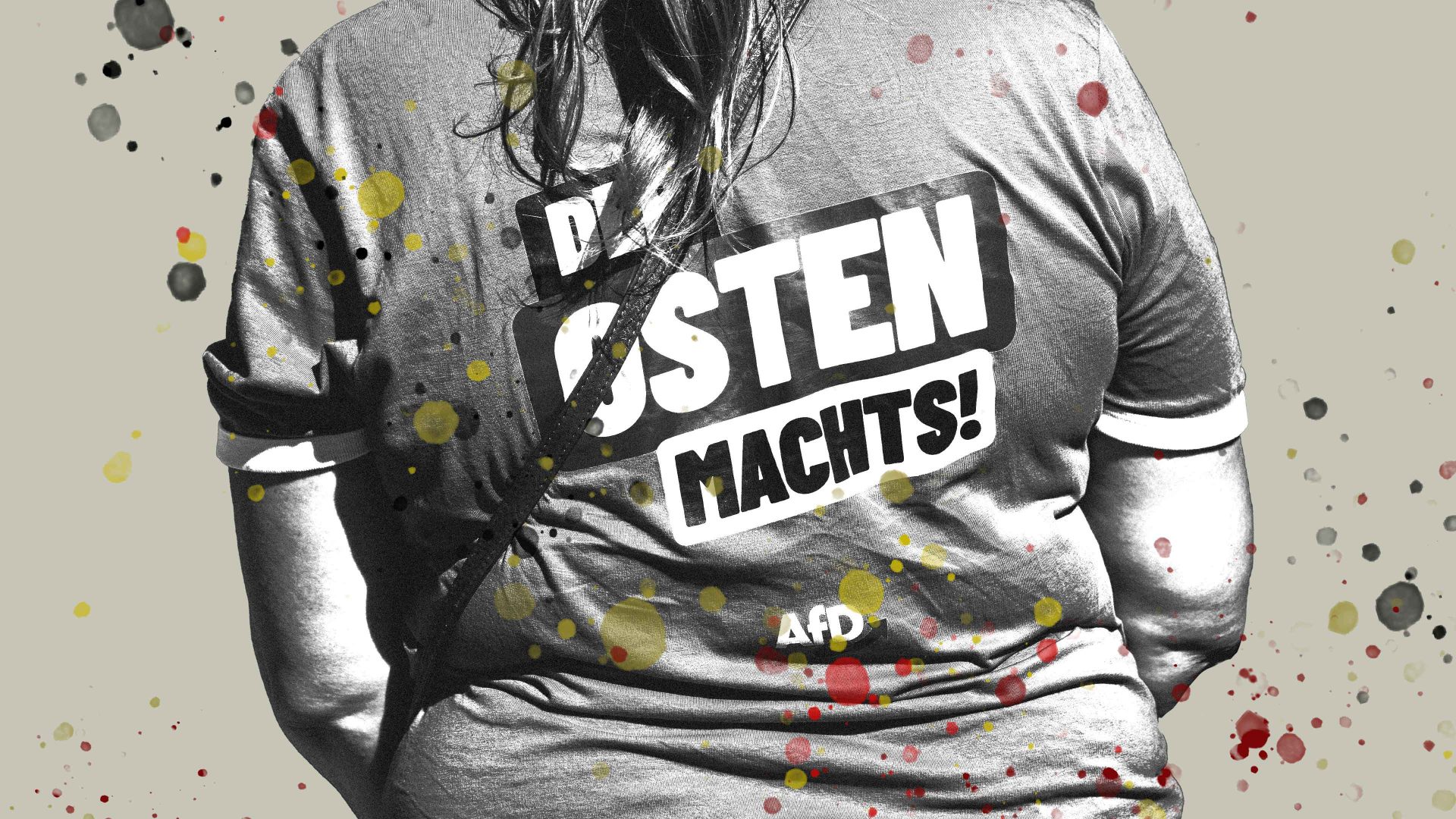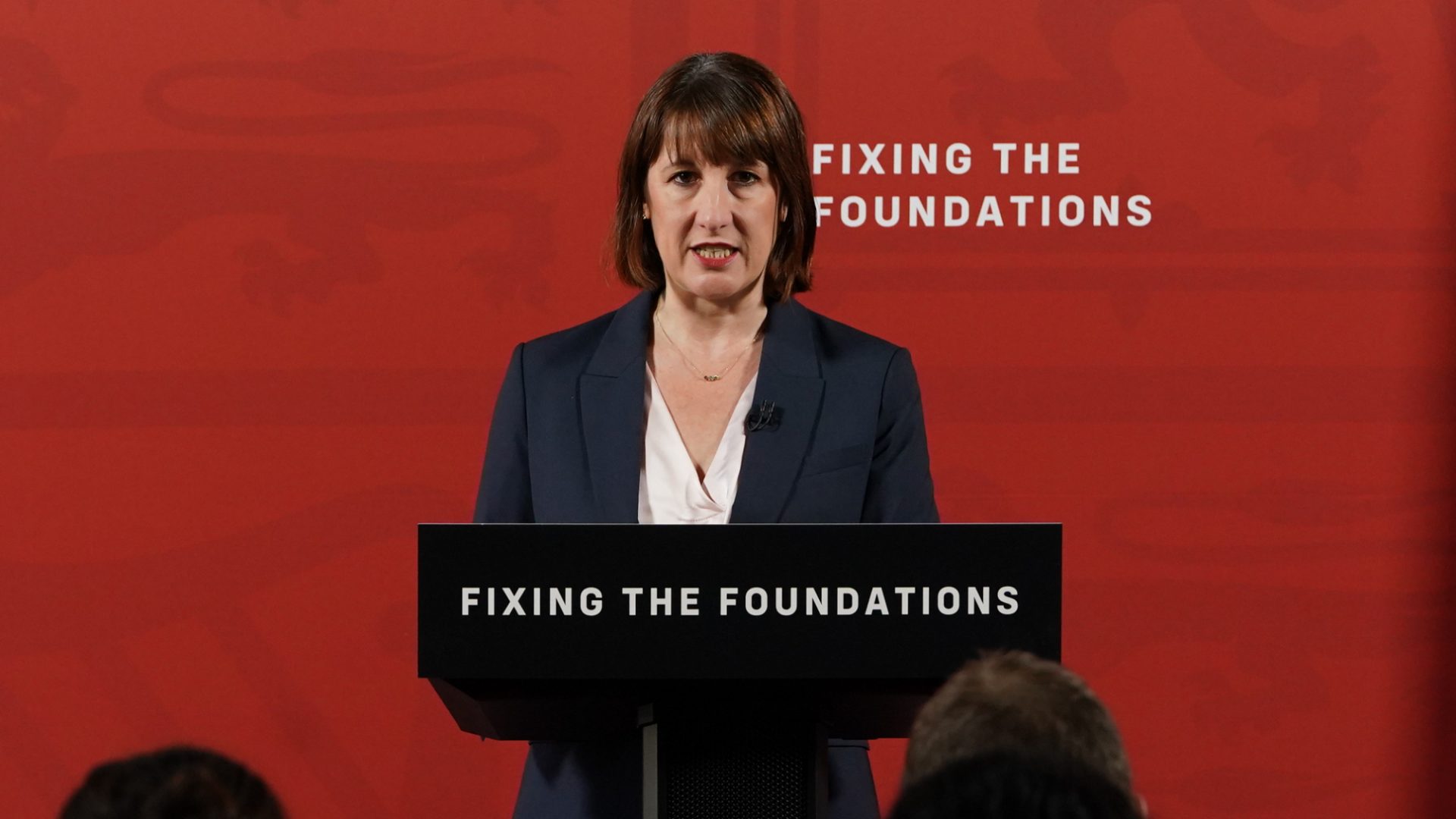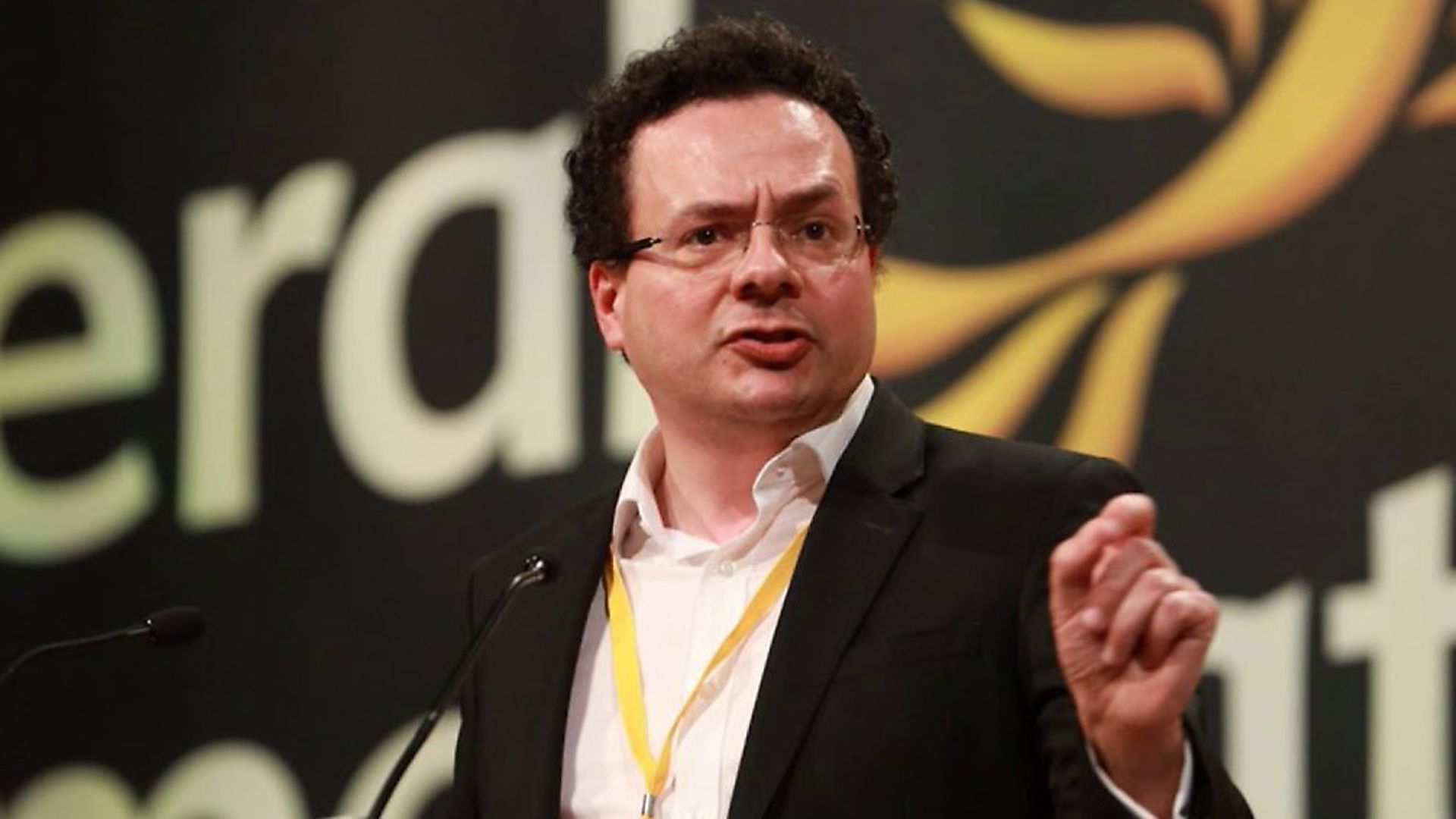In just a few days you will read fresh headlines about Germany’s alt-right East again, because on Sunday there will be at least one AfD landslide victory in the state elections. In Saxony, polls see a neck-and-neck race between the CDU (running at between 29-34%) and the AfD (30-32%). In Thuringia, AfD (30%) is likely to win, with CDU (21%) trailing behind.
The polls were all conducted before the stabbing rampage in Solingen last Friday, where a 26-year-old Syrian and presumed Islamic State terrorist killed three people. The attack will certainly not decrease AfD’s popularity.
In our electoral system, unlike yours, the “first past the post” party doesn’t win two-thirds of the seats with only a third of the votes – and, in regard to Thuringia, I think we should consider ourselves lucky. Otherwise, there could well be the first AfD Ministerpräsident, notorious extremist Björn Höcke.
Notice how I haven’t mentioned the federal coalition parties? SPD, Greens, FDP? That’s because in those two eastern states, they have faded into insignificance. Except for the Christian Democrats, the parties likely to succeed next weekend are located at the fringes. Die Linke (The Left), post-GDR socialists. AfD, under official surveillance for right wing extremism. And BSW, (see TNE #362 to learn more about its founder, Sahra Wagen-knecht), the most Putin-friendly party of the three.
Newbies BSW, with 20% in the polls, and AfD could together have an absolute majority in Thuringia. They dislike each other too much to form a government, though they agree on stopping arms support for Ukraine and anti-migration policy. The mere possibility is worrying enough.
That said, it will be hugely difficult to form any functioning government, as the CDU has sworn a holy oath not to cooperate with either AfD or Linke. And working with BSW would obviously not be a match made in heaven. Stay tuned…
While, from Sunday onwards, the few liberal democratic parties will struggle to find a coalition partner, we will also see an encore of the eternal debate about why “der Osten” votes extreme.
Among the reasons are the millions of middle-class Germans who fled from GDR oppression in the 1950s (stopping them was the main reason the Berlin Wall was built). Then there’s the 2.5 million, mostly young, ambitious and often female East Germans who left their home towns after 1989, creating an excess of male population in some parts of East Germany that is unique in Europe.
During socialism, people joked that GDR – DDR in German – didn’t stand for Deutsche Demokratische Republik but for “Der Dumme Rest”. Today, many still feel they are regarded as stupid by the west.
There are social issues, too. While income and pensions are nearly at the same level, a massive wealth gap remains. Accumulating private property in 40 years of the “workers’ and farmers’” state wasn’t an easy task, so today, people in the west inherit nine times as much as in the east.
Interestingly, a recent Allensbach survey shows that people’s worldview doesn’t actually differ that much across the country: 71% of West Germans and 73% of East Germans are very worried about the war in Ukraine. Inflation is a major concern (67% West, 75% East), as well as “more and more refugees coming to Germany” (59% West, 69% East). In general, people worry about the same things, Ostdeutsche just worries more.
The structural differences, however, lie in a weaker tie to democracy. Some 54% of East Germans (compared with 27% in the West) agree with the statement “We only appear to live in a democracy, in reality citizens have nothing to say”. Forty-three per cent give a thumbs-up to “Socialism is a good idea, it was just poorly implemented” in the East, compared with 18% in the West. Fifty-five per cent of West Germans but only 27% of East Germans think that “we can solve the problems we have with democracy”. By the way, considering the West hasn’t had 40 years of socialist dictatorship and indoctrination, I find the low regard for democracy here even more shocking.
The challenge we will face on Sunday, especially in the media, is how to cover the elections and their aftermath without reinforcing the long-standing sentiment of many, if not most, East Germans, of being misunderstood and patronised by the urban, liberal “Wessi”-elite. If this really is a democracy, many say openly, then the voters’ choice must count, no matter whether it is AfD, BSW or CDU.
I’m not really looking forward to the weekend.




